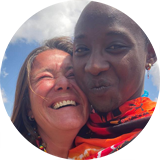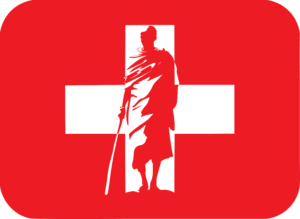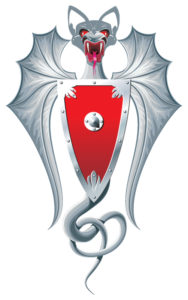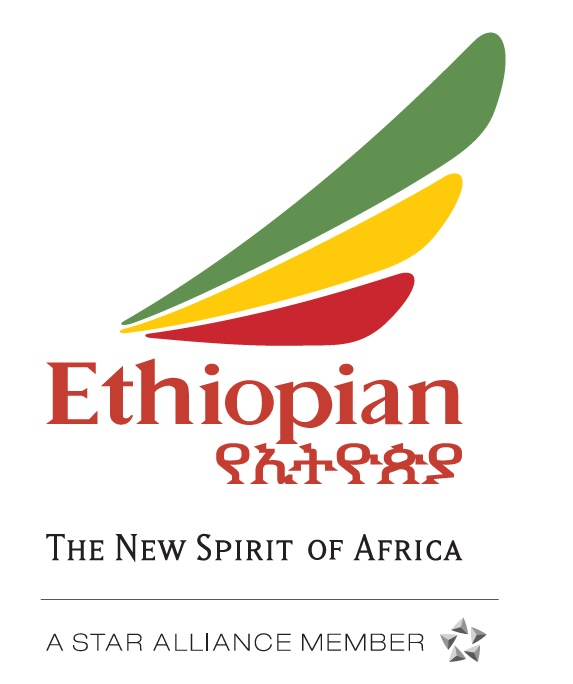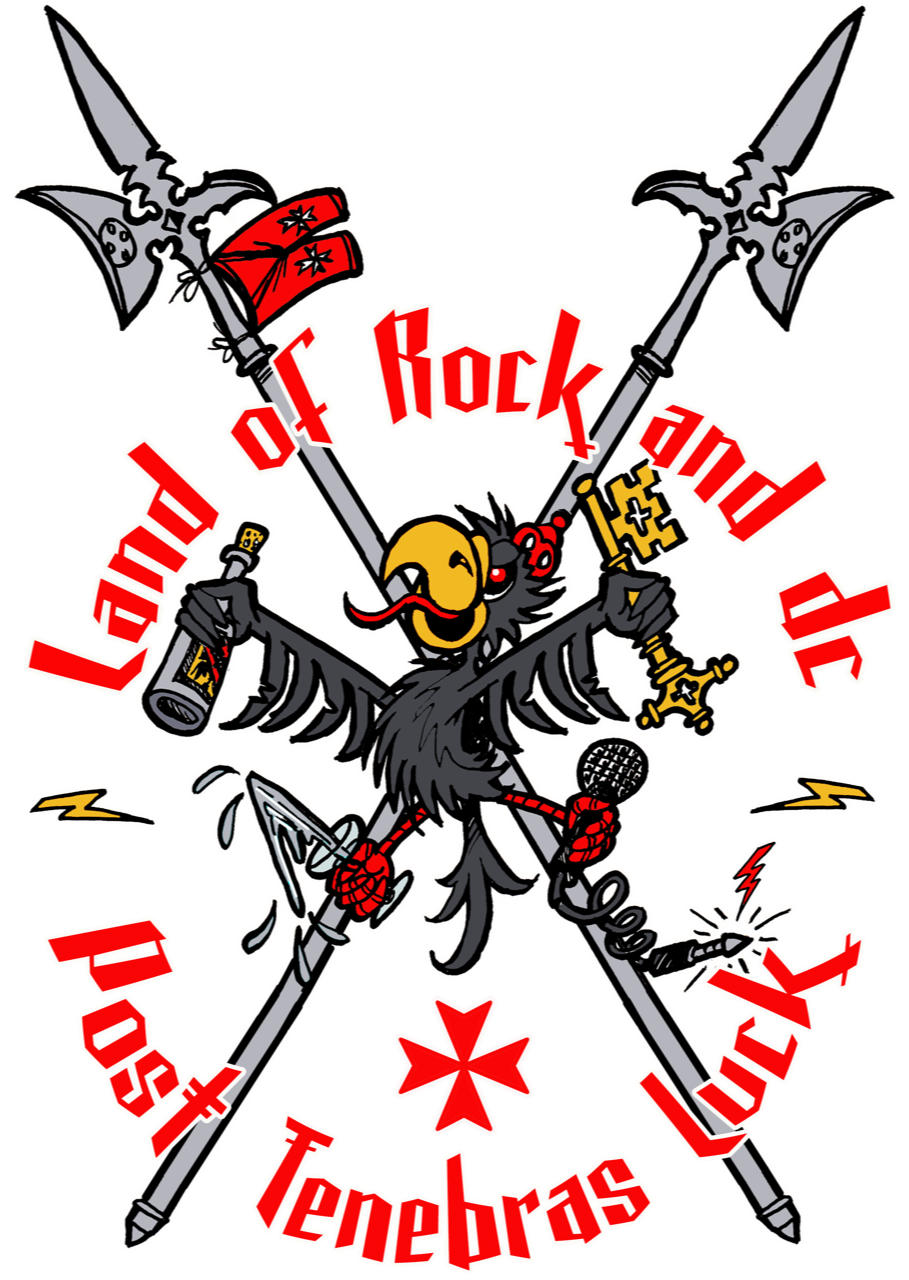Welcome to our website dedicated to supporting the Maasai community of Kibirashi-Gitu, Tanzania. Through volunteer actions, we provide clothing, medicines, school supplies and much more, to improve the lives of this community living in difficult conditions. Here, you can find out more about our commitment, the challenges facing this isolated tribe, and how you can help make a lasting difference. Together, we can help the Maasai preserve their culture while improving their daily lives.

Support for the Maasai community of Gitu, Tanzania
As a Swiss citizen, I have developed a relationship of trust and support with the Maasai community of Gitu-Kibirashi, located in the Tanga region of Tanzania. Since 2023, I’ve been going there six times a year to provide them with essential material and human aid.
**Our mission**
During each visit, I transport clothes, medicines, school supplies, toys and vital equipment such as solar panels. This community lives without running water or electricity, in a remote area 12 hours’ drive from the capital, Dar es Salaam. The village of Gitu is isolated, with the first commercial centers five hours away in Chanika (Hendeni). Our donations are therefore essential to meet the immediate needs and improve the quality of life of the inhabitants, while respecting their culture and traditional way of life.
**Cultural commitment and tangible impact**
To strengthen my bond with this community and better understand their daily lives, I have undertaken to learn the Maasai language as well as Swahili. This not only enables me to communicate more effectively, but also to respect and value the rich culture of this people.
Thanks to our actions, we have been able to help improve the health, education and living conditions of the Maasai people of Gitu. Clothes and medicines help them to cope with the rigors of climate and disease, while school supplies open up new prospects for the children. Solar panels provide a sustainable source of energy, reducing their dependence on limited natural resources.
**Commitment and future**
My commitment to the Gitu community is driven by a deep respect for their culture and a desire to make a lasting difference. Working closely with tribal leaders and community members, we ensure that every donation is put to the best and most beneficial use.
Through this site, I hope to make others aware of the needs of this community and inspire similar action elsewhere. Together, we can make a difference and support the sustainable development of the Maasai of Gitu, Tanzania.
The Maasai People: History and Traditions
The Maasai are one of East Africa’s most emblematic ethnic groups, living mainly in Kenya and Tanzania. With a rich history and deeply rooted traditions, the Maasai have preserved their unique culture despite the rapid changes of the modern world.
**Origins and history**
The Maasai belong to the Nilo-Saharan group, and their history goes back many centuries. They originated in the Nile region of northern Africa, and migrated south to settle in the areas they occupy today. This migration, which spanned several centuries, shaped their identity as a nomadic, pastoral people.
Historically, the Maasai were formidable warriors, known for their bravery and ability to defend their lands against invaders. Their society was organized around the protection of their livestock, which constituted their main source of food, wealth and social status. Cattle remain at the heart of Maasai life, symbolizing not only material wealth, but also family and community ties.
**Traditional way of life**
The Maasai still live a predominantly pastoral lifestyle, moving with their herds in search of pasture and water. Their traditional habitat, the manyatta, is a group of huts built of branches, earth and cow dung, arranged in a circle to protect the livestock from predators.
Their colorful clothing, particularly red shúkà, is instantly recognizable. These bright fabrics, often adorned with beads, have profound cultural and spiritual significance. Red, for example, symbolizes blood, bravery and protection.
**Ceremonies and Rites of Passage**
The Maasai are known for their rich oral traditions, including songs, dances and stories that convey their history and values. Ceremonies, such as the rite of passage to adulthood, play a central role in Maasai life. These rites mark important milestones, such as the initiation of young boys as warriors (Moran) and the passage of warriors into adulthood (Elders).
Although polygamous, marriage is also a sacred institution among the Maasai, but often arranged by the family. Young girls are initiated into the roles of wife and mother, while men accumulate livestock and gain experience to become respected members of the community.
**Spirituality and Relationship with Nature**
The Maasai have a deeply respectful relationship with nature, which they consider a sacred gift. Their spirituality is centered on Enkai (or Enkai Narok), the supreme deity who is both benevolent and fearsome. Enkai is associated with rain and fertility, essential for the survival of herds and communities.
The Maasai believe that their livestock are a gift from Enkai, which explains their symbiotic relationship with their animals. Respect for ancestral traditions and the spirits of nature guide their daily lives, and every aspect of their existence is linked to a balance with the environment around them.
**Challenges and modernity**
Today, the Maasai face many challenges, including the loss of their ancestral lands, economic pressures and climate change. However, they continue to struggle to preserve their way of life and traditions, while adapting to the realities of the modern world. More and more Maasai are becoming involved in education and entrepreneurship, while maintaining a strong link with their cultural heritage.


Call for Support for the Maasai Community of Kibirashi-Gitu-Tanzania
Since 2023, I have dedicated my time and resources to supporting the Maasai community of Gitu-Kibirashi, located in the remote Tanga region of Tanzania. Through six annual trips, I bring clothing, medicines, school supplies, toys and essential equipment such as solar panels to this community, which lives without running water or electricity. These actions have a direct impact on the health, education and quality of life of the people of Gitu.
**Why your support is crucial**
To continue these voluntary activities, I am calling on individuals and organizations willing to contribute to this cause. The needs of the community are great, and every donation, whether material or financial, can make a real difference.
Your support can take many forms:
– Material donations: clothing, medicines, school supplies, toys, medical equipment, solar equipment, etc.
– Financial support: your contributions will help cover the costs of transport, the purchase of additional equipment and other urgent community needs.
– Partnerships: whether you’re a company, an association or an individual, a partnership with our initiative can amplify our impact on the ground.
**A tangible and lasting impact**
Every contribution, however modest, helps to transform the lives of members of the Maasai community of Kibirashi-Gitu. For example, solar panels provide a sustainable source of energy, reducing dependence on limited natural resources, while school supplies offer children a chance of education, paving the way for a better future.
**How to contribute**
If you would like to take part in this human adventure and support the Maasai people of Kibirashi-Gitu, you can contact me directly to discuss how you can contribute. Together, we can continue to provide essential support to this community and make a real and lasting difference.
Thank you in advance for your generosity and commitment to this cause.
THEY SUPPORT US
Caroline Z. de Lausanne
Liliana da Silva de Genève
Cecile de Genève
Ghufran Bron de Genève
Mireille de Genève
Luc Barthassat de Genève
Vincent R. de Genève
Laurent Sévérac de Viry (France)
Eric B. de Genève
Fanny de Genève
Nadine Rochat de Genève
Manu Carbone de Genève
Jean-Pierre de Nyon
Céline de Celigny
THEY SUPPORT US
THEY SUPPORT US Dince 2023, I have dedicated my time and resources to supporting the Maasai community of Kibirashi – Gitu, located in the remote Tanga region of Tanzania. Through six annual trips, I bring clothing, medicines, school supplies, toys and essential equipment such as solar panels to this community, which lives without running water or electricity. These actions have a direct impact on the health, education and quality of life of the inhabitants of Kibirashi – Gitu.
WHO AM I?
A mother of 4, I fell under the spell of Tanzania during a first trip to Zanzibar with my best friend (Florence), and have since become passionate about the Maasai people.
Since 2023, I have devoted part of my time and resources to supporting the Maasai community of Kibirashi-Gitu, Tanzania. My commitment takes the form of regular donations and trips to the heart of this remote region.
I’m also learning the Maasai and Swahili languages to better understand and respect this rich culture. My aim is to make a lasting difference to the lives of these people while preserving their unique cultural heritage.
